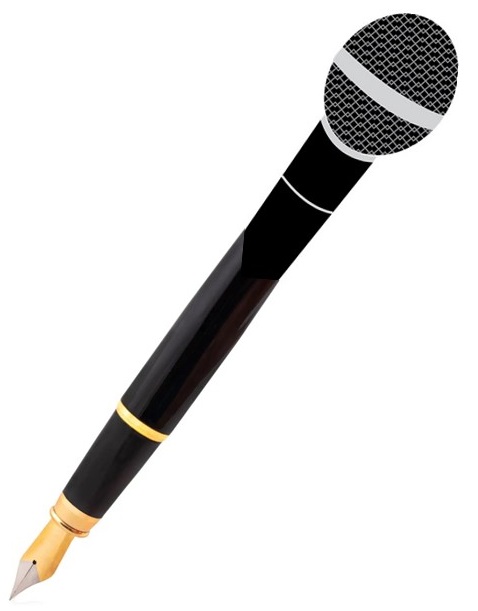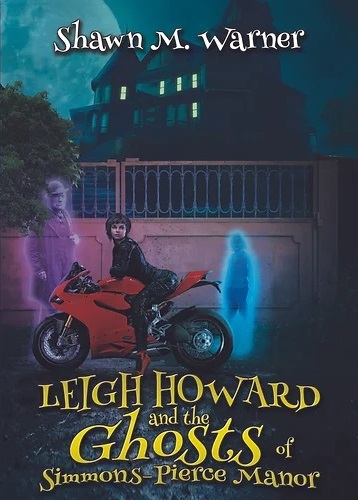As an author, you can expect to receive offers from people to interview you. Such interviews can be in person, or remote by phone or email. The offeror might broadcast the interview on TV, radio, podcast, or publish it in print or online in a blogpost. Today I’ll provide guidance about how to make the most of these interviews.
The Hermit Option
You may refuse interviews, of course. Some authors remain elusive, hidden from the world. They have their reasons, and that’s fine. I’m not aiming this post at them.
My Experience
I’ve been interviewed six times, which isn’t bad. But I’ve conducted almost seventy interviews of authors, editors, and poets. I’ve done all of these through email and posted them on this website. Just search for ‘author interview’ to find them.
Purpose
You’re trying to entice people to buy your books. Simple as that. All other reasons for the interview remain subordinate to that prime purpose. Make every sentence of every answer support that goal. What follows are my tips for giving author interviews with the aim of selling books.
- Author Photo
Unless the interview gets broadcast on TV or radio, the interviewer may ask you for an author photo. Use a photo taken recently enough that your appearance hasn’t changed much. Choose a photo that portrays you in a good light.
- Taglines
When answering a general question about one of your books, like “what is it about?” use a pre-prepared tagline. I alluded to this in a previous blogpost. You should craft brief taglines about each of your books, and practice saying them until you can do so in a natural way without stumbling.
- The Comedian Mindset
This tip applies more to written interviews where you have time to polish your answers. Though you should strive for honesty, you’re not undergoing a police interrogation. You’re trying to sell books, so reject the first answer you think of and go for the unexpected.
When I advise you to think like a comedian, I don’t necessarily mean to go for laughs. Comedians become skilled at considering several responses to a question and selecting the one they judge funniest. You should select the response you judge will attract people to your book. Consider the odd, the quirky, the answer with a punch or a twist.
- Well-Edited Answers
Again, this applies to written interviews where you’ve got time to hone your answers. Don’t just jot down answers and click ‘Send.’ If you’ve used misspellings, poor grammar, incorrect references, or awkward sentences in your answers to an interview, why would readers want to read your books?
- Brevity
I’ve saved the most important tip for last. In any interview, short answers beat long ones. Think like a poet—not to rhyme, but to pack a lot of thought into few words. Write your autobiography some another time.
With those tips in mind, you’ll do well on your future interviews, especially if you’re fortunate enough to be interviewed by—
Poseidon’s Scribe



